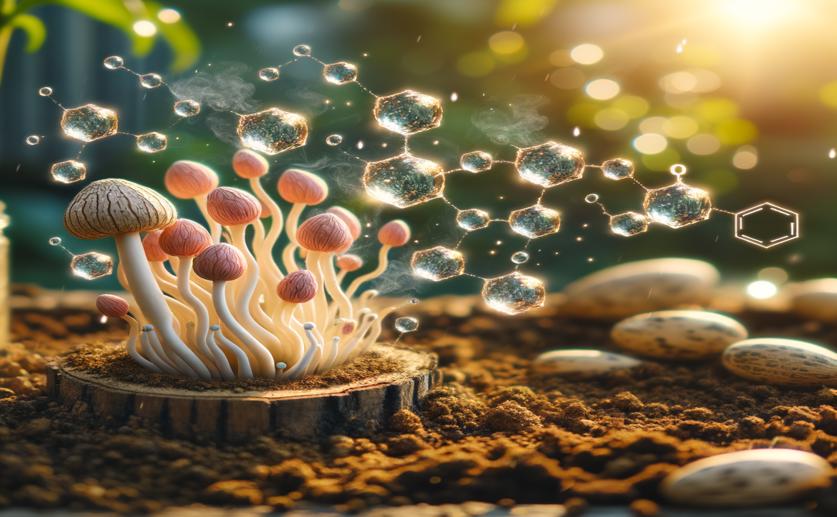
Exploring Plant-Friendly Fungi for Natural Compounds That Boost Seed Germination
Greg Howard
9th June, 2024

Image Source: Natural Science News, 2024
Key Findings
- The study by the Egyptian Atomic Energy Authority focused on isolating and evaluating fungal endophytes from various plant species in Egypt to promote maize seed germination
- Three promising fungal strains, Alternaria alternata, Aspergillus flavus, and Aspergillus terreus, were identified for their potential to enhance seed germination
- These fungal strains showed significant antioxidant and antifungal activities, which can protect plants from oxidative stress and pathogen attacks, promoting overall plant health and growth
References
Main Study
1) Bioprospecting endophytic fungi for bioactive metabolites with seed germination promoting potentials
Published 8th June, 2024
https://doi.org/10.1186/s12866-024-03337-x
Related Studies
2) Natural products in drug discovery: advances and opportunities.
3) Promising bioactive compounds from the marine environment and their potential effects on various diseases.
4) Towards the sustainable discovery and development of new antibiotics.
5) Discovery of the anticancer drug vinblastine from the endophytic Alternaria alternata and yield improvement by gamma irradiation mutagenesis.



 15th May, 2024 | Greg Howard
15th May, 2024 | Greg Howard